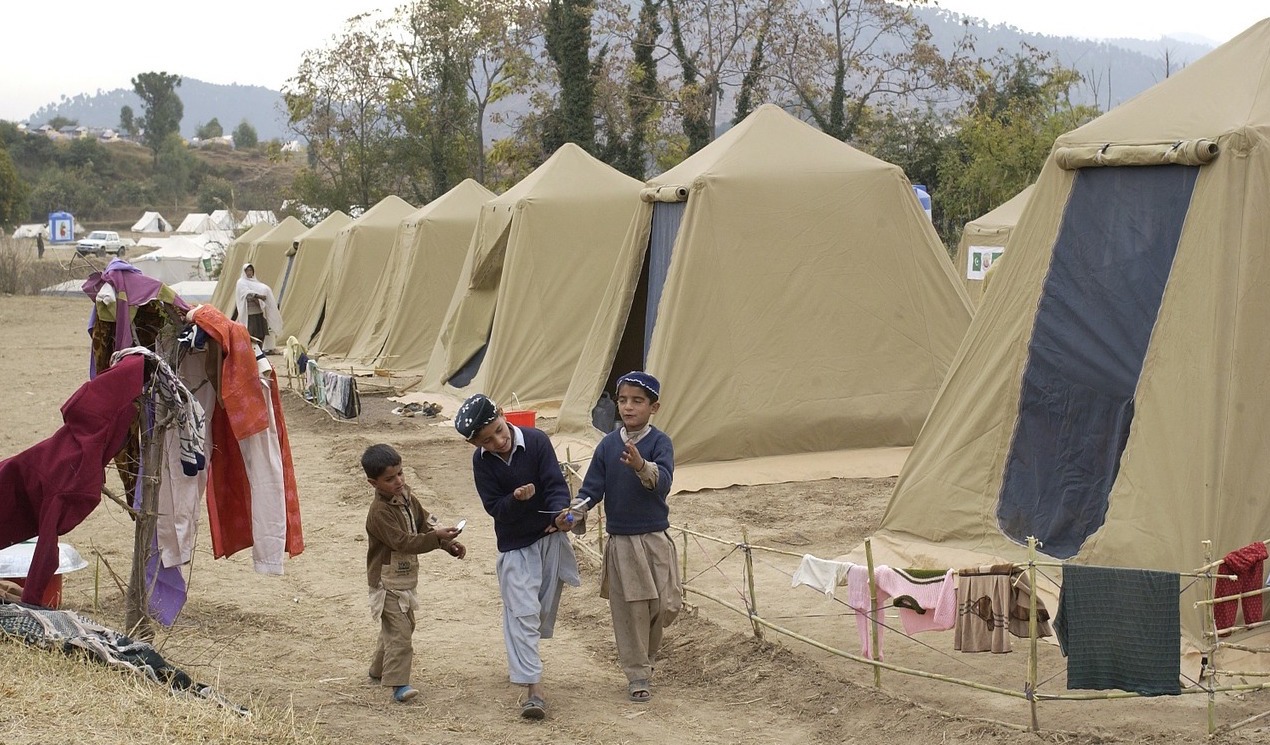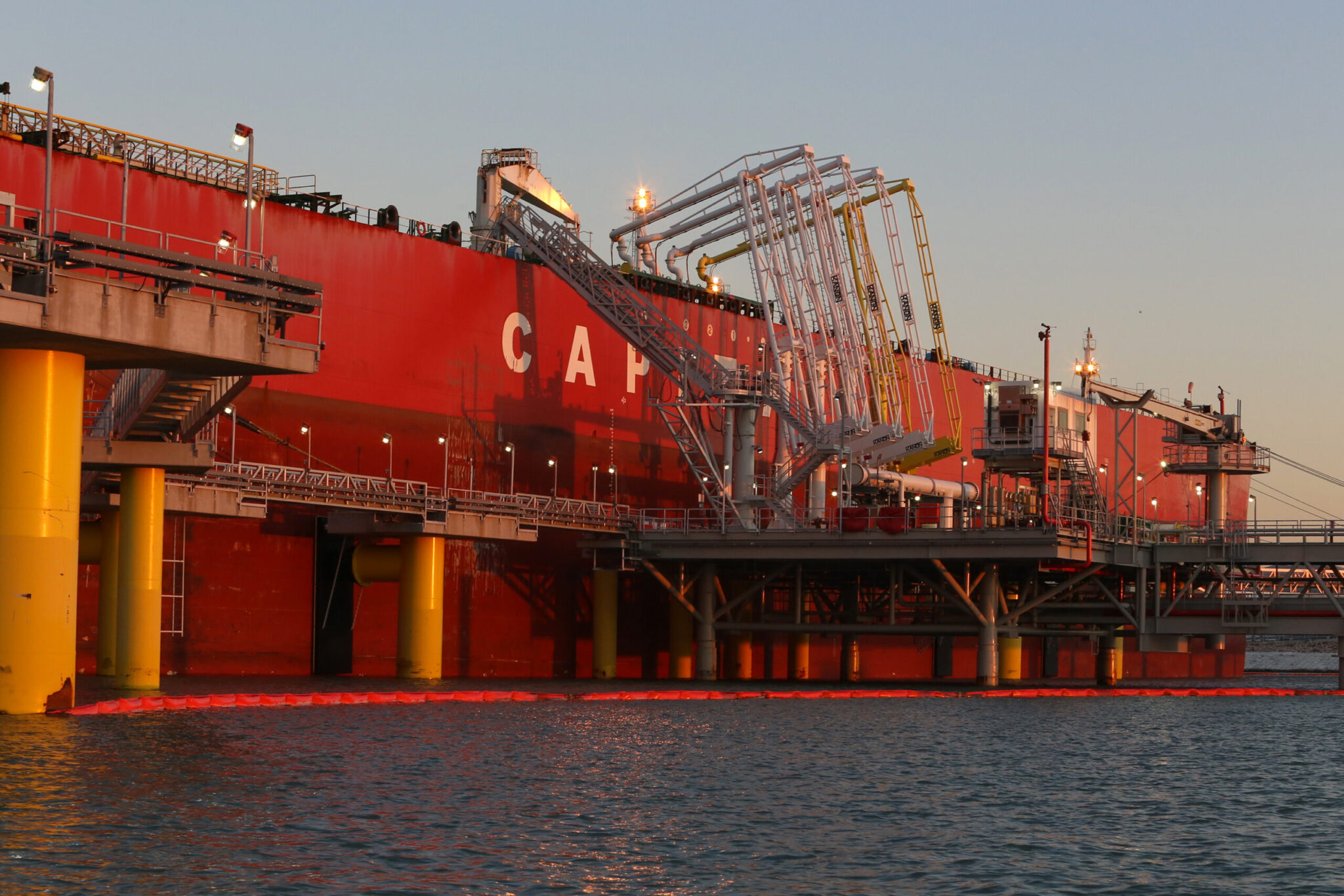
Sixth mass extinction lops branches off tree of life
The sixth mass extinction, primarily driven by human activities, is more dire than previously anticipated, with entire branches on the tree of life now disappearing, finds a new study published in the Proceedings of the National Academy of Sciences. Researchers from Stanford University and the National Autonomous University of Mexico assessed 5,400 genera of terrestrial vertebrates, including 34,600 species. The staggering results: 73 genera have become extinct since 1500 AD. This rate of extinction surpasses the last million years by 35 times. In other words, in just five centuries, human actions have triggered a surge of genus extinctions that would have otherwise taken 18,000 years. The researchers refer to this as a “biological annihilation.” (Photo: CounterVortex)












